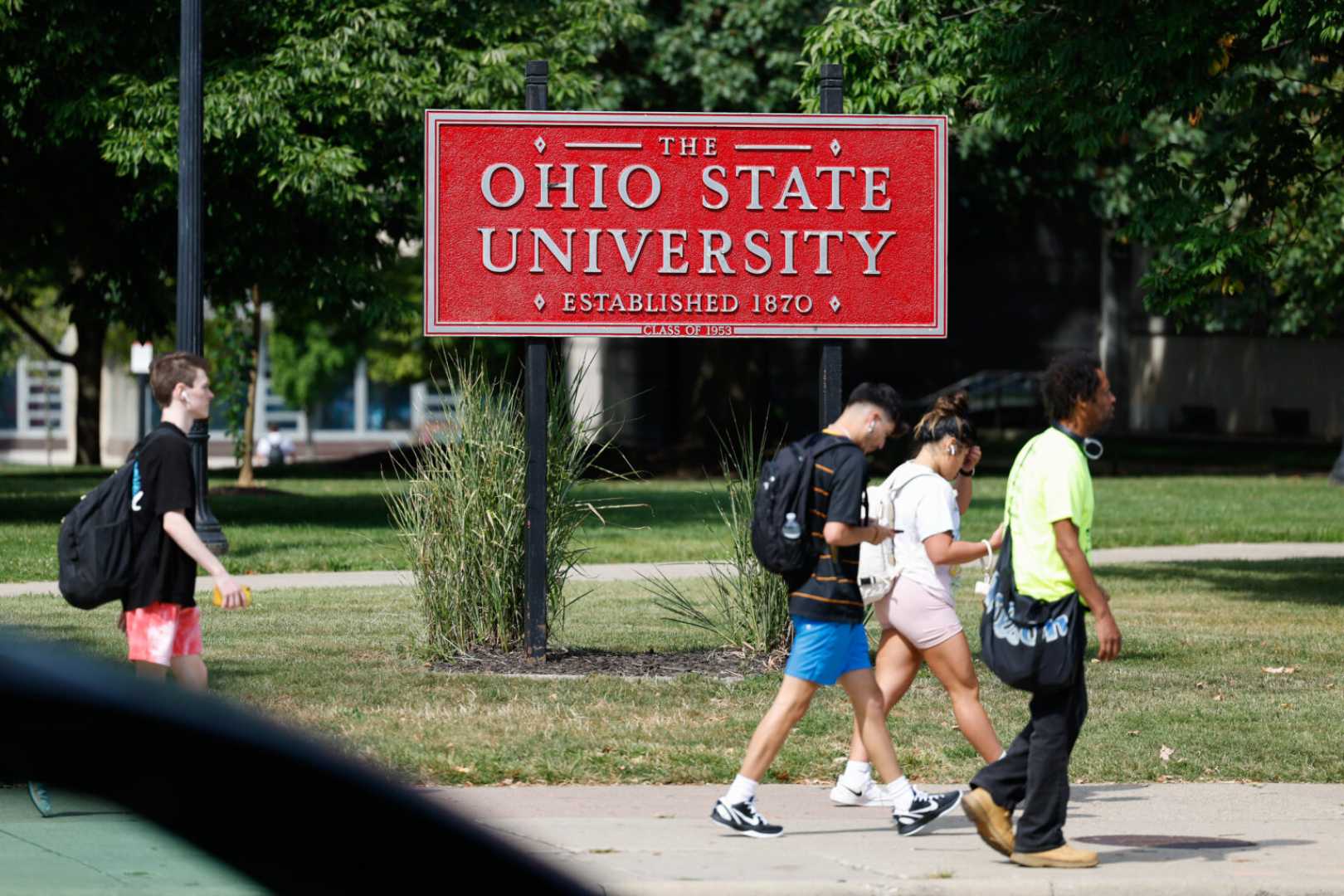Education
University Shuts Down DEI Programs amid Pressure from Trump Administration

ANN ARBOR, Mich. — The University of Michigan has announced the closure of its flagship diversity, equity, and inclusion (DEI) program, as well as its associated office, making it the latest educational institution to respond to pressures associated with former President Donald Trump’s stance against DEI initiatives.
Launched in 2016 at the outset of Trump’s first administration, the program had become a model for similar initiatives nationwide. Despite its successes, including a 46% increase in first-generation undergraduate students and over a 32% rise in Pell Grant recipients, university leaders cited external pressures as the driving force behind the recent changes.
In a statement regarding the decision, university officials remarked, “The work to remove barriers to student success is inherently challenging, and our leadership has played a vital role in shaping inclusive excellence throughout higher education.”
The closing of the DEI program follows a series of developments triggered by a Supreme Court ruling in 2023, which has led to heightened scrutiny of diversity programs by conservative groups. In a recent email, university leadership referenced the enforcement of Trump’s executive orders, indicating that institutions failing to eliminate DEI programs could face consequences.
University officials acknowledged that some community members expressed discontent, stating that they felt excluded from DEI initiatives and believed the programming did not sufficiently promote connections among diverse groups. Consequently, the university also plans to close its Office for Health Equity and Inclusion and to discontinue the “DEI 2.0 strategic plan,” which had been considered a successful model.
Last year, the University of Michigan also decided to cease requiring diversity statements for faculty hiring, tenure, or promotion. Instead, the university intends to redirect its focus toward student-facing programs, including increasing financial aid and supporting multicultural student spaces and cultural events on campus.
“These decisions have not been made lightly,” university leaders stated, acknowledging the significant impact on individuals whose lives and careers have benefited from these programs.
The decision sparked immediate backlash. Rebekah Modrak, chair of the faculty senate, voiced strong opposition in an email to colleagues, declaring, “The federal government is determined to dismantle and control higher education…They are using the power of the government to engineer a sweeping culture change towards white supremacy.”
Modrak criticized university leaders for their compliance with federal directives, suggesting that they are “determined to comply and to collaborate in our own destruction.”
The University of Michigan is not alone in dismantling DEI initiatives. Other institutions have made similar moves; for instance, a private university in Cleveland shuttered its DEI office following Trump’s executive orders, with its president emphasizing the need for compliance with federal regulations to secure essential funding.
The University of Akron has also stopped hosting its long-standing “Rethinking Race” forum, citing federal and state guidance as justification for its actions.
As universities continue to navigate these changes amid federal scrutiny, observers remain concerned about the broader implications for diversity efforts across higher education.












